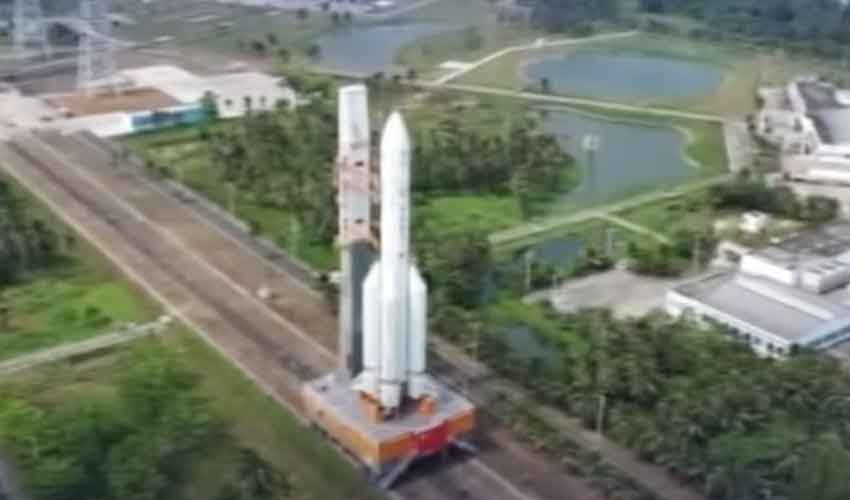Exploring the Depths: Scientists Unveil the World’s Deepest Blue Hole 2024
Introduction
In the vast expanse of our planet’s oceans and geological formations lie mysteries waiting to be uncovered. Recently, scientists made an extraordinary discovery that captured the imagination of the world: the deepest blue hole ever recorded. Blue holes, enigmatic underwater sinkholes, have always fascinated explorers and scientists alike. However, the unveiling of this newest addition to Earth’s wonders has sparked renewed interest and excitement in the scientific community and beyond.
Understanding Blue Holes
Before delving into the details of this groundbreaking discovery, let’s first understand what blue holes are and why they are so intriguing. Blue holes are essentially underwater sinkholes, often characterized by their deep, dark blue hue, hence the name. These formations typically form in coastal regions, where limestone and other soluble rocks erode over time due to various geological processes. What sets blue holes apart is their incredible depth and the unique ecosystems they harbor.
Exploring the Depths
Located in the depths of the ocean, blue holes remain largely unexplored due to the extreme conditions they present to divers and researchers. However, advancements in technology, such as remotely operated vehicles (ROVs) and high-resolution sonar mapping, have enabled scientists to venture deeper into these mysterious abysses. The recent discovery of the world’s deepest blue hole is a testament to the relentless pursuit of knowledge and exploration.
The Unveiling
Amidst much anticipation and excitement, scientists unveiled the world’s deepest blue hole, shattering previous records. Situated in a remote location, far from the prying eyes of civilization, this natural wonder plunges to depths previously thought unreachable. Initial explorations have revealed a breathtaking sight—a vast, seemingly bottomless abyss teeming with life forms adapted to survive in the extreme conditions of the deep sea.
Implications for Science
The discovery of this deep-sea marvel holds immense significance for scientific research and our understanding of the planet’s geological processes. By studying the geological formations and unique ecosystems within the blue hole, scientists hope to unravel clues about Earth’s past climate, geological history, and biodiversity. Moreover, these discoveries could have implications for our understanding of other celestial bodies, such as Mars, where similar geological features have been observed.
Challenges and Opportunities
While the unveiling of the world’s deepest blue hole marks a significant milestone in scientific exploration, it also presents challenges and opportunities for researchers. Navigating the treacherous depths of the blue hole requires advanced equipment and meticulous planning to ensure the safety of explorers and the preservation of fragile ecosystems. Furthermore, ongoing research and conservation efforts are essential to protect these natural wonders for future generations.
The Call for Conservation
As we marvel at the awe-inspiring beauty of the world’s deepest blue hole, it is crucial to recognize the importance of conservation efforts. Blue holes, like many other natural wonders, face threats from human activities, including pollution, overfishing, and climate change. By raising awareness and implementing measures to protect these fragile ecosystems, we can ensure that they continue to inspire and captivate us for generations to come.
Conclusion
The discovery of the world’s deepest blue hole is a testament to the indomitable spirit of exploration and the boundless wonders of our planet. As scientists continue to unravel the mysteries of the deep sea, we are reminded of the importance of preserving and protecting these precious ecosystems. Let us embrace the spirit of discovery and conservation as we journey into the depths of the unknown, guided by curiosity, reverence, and respect for the natural world.


![Government estimates put nearly 70 thousand acres of cannabis plantation in Pakistan. [Courtesy of Suleman Shah]](https://www.aljazeera.com/wp-content/uploads/2024/04/WhatsApp-Image-2024-04-28-at-23.40.18-1714352356.jpeg?resize=770%2C513&quality=80)




 .
.
